In the world of sports and athletic wear, finding the perfect jersey is essential for both performance and style. With countless brands vying for attention, athletes and fans alike seek jerseys that not only offer comfort and durability but also enhance their overall experience. From iconic names in the industry known for their innovation to emerging brands making waves with cutting-edge designs, the selection is vast and varied. Below, you'll find a curated list of the best brands excelling in the jersey market today.

Illustration of jersey
Best brands of jersey in 2025
Nike
Nike is one of the leading producers of athletic jerseys, dominating the market with a global market share of nearly 16.4% as of 2024. The company generates significant revenue from its jersey sales, with apparel contributing $5.49 billion to its total revenue in fiscal year 2022. Nike's jerseys are popular across various sports categories, including football, basketball, and running, with a strong presence in both athletic and casual wear. The brand's success is bolstered by its extensive global distribution network and robust marketing campaigns, including a $4.06 billion spend on advertising and promotion in 2023. Nike's jerseys are designed with a focus on innovation and high-quality construction, making them a favorite among athletes and consumers alike.
Adidas
Adidas is a leading producer of jerseys, renowned for its high-quality sports apparel and footwear. In 2023, the company manufactured approximately 330 million units of sportswear, including a significant portion of football jerseys, contributing to its strong presence in the global market. Adidas's jerseys are popular among both club and national teams, with the brand being one of the main players in the football jerseys market, which was valued at US$ 6924.3 million in 2023 and is forecasted to reach US$ 10030 million by 2030. The brand's commitment to innovation and quality is reflected in its extensive product range and strong market share. Adidas's global operations span over 150 countries, solidifying its position as the second-largest athletic apparel, accessories, and footwear company globally.
Puma
Puma is a leading producer of high-quality jerseys, notably through its innovative RE:FIBRE initiative, which has enabled the production of over one million recycled football shirts, with 46,000 RE:FIBRE jerseys produced in 2023. This initiative replaces virgin polyester with recycled polyester made from at least 75% recycled textile waste, reducing reliance on plastic bottles. Puma's jerseys are now used by 35 clubs and for major events like the European Championships and Copa America. The company aims to achieve 100% of its polyester products from textile waste, aligning with its 'Forever Better' sustainability goals. By 2025, Puma targets using sustainable components in 90% of its shoe production, reflecting its commitment to sustainability.
Under Armour
Under Armour is a prominent player in the athletic apparel industry, renowned for its high-quality jerseys and innovative performance solutions. Founded in 1996, the company has achieved significant growth, with annual revenues exceeding $5.7 billion by 2021 and a global presence in over 100 countries. Under Armour's market share in the apparel, footwear, and accessories sector stands at approximately 2.72% as of Q3 2024. The brand is known for its premium products, backed by strong branding and celebrity endorsements, such as the endorsement deal with Philadelphia 76ers center Joel Embiid. Under Armour's jerseys are part of a broader product line that includes apparel, footwear, and accessories, catering to athletes and sports enthusiasts worldwide.
Reebok
Reebok, now part of Authentic Brands Group since its acquisition in 2022, has been a prominent producer of jerseys, particularly for the NFL. The brand utilizes a strategic supply chain involving contract manufacturers to produce both finished and blank jerseys, with the capacity to print up to 10,000 jerseys per day at their Indianapolis facility, although actual yield is reduced due to machine and timing issues. Reebok's annual net sales have consistently exceeded 1.4 billion euros (USD 1.54 billion) worldwide, with North America leading their performance, such as in 2020 with net sales of 397 million euros (USD 437 million). The use of blank jerseys allows Reebok to quickly respond to demand fluctuations, especially for star players and during off-season player movements. This approach ensures timely delivery and meets the dynamic demands of the sports jersey market. More information about their jerseys can be found on the Reebok website.
New Balance
New Balance, while primarily known for its footwear, also participates in the apparel market, including jerseys, although it is not as prominently recognized in this segment as in footwear. In the global football jerseys market, New Balance is listed among key players, but it does not dominate the market share compared to giants like Adidas and Nike. New Balance holds a significant market share in the footwear industry, with 4% globally and 10% in the US, but its presence in jerseys is less pronounced. The company's strong manufacturing capabilities, including its domestic production in the US and UK, could potentially support jersey production, but specific data on jersey market share is not readily available. New Balance's revenue from footwear has seen a significant increase, rising by 214.1% from $1.35 billion in 2008 to $4.24 billion in 2022.
Champion
Champion, particularly through its subsidiary Champion Teamwear, is a leading producer of high-quality jerseys, having outfitted over a million teams since 1989. Champion Teamwear generates an estimated annual revenue of $73.5 million and employs 293 people, with each employee contributing an estimated $250,800 in revenue. The brand is known for its exceptional customer service, great quality apparel, and fast turnaround times. Champion's growth is also driven by its parent company, HanesBrands, which aims to reach $2 billion in global sales by 2022, fueled by expanded lifestyle offerings and geographic reach. With a strong presence in the team jersey market, Champion continues to drive double-digit global revenue growth.
Kappa
Kappa is renowned for its premium and bespoke football jersey designs, standing out in the market with a quality-over-quantity approach. Despite not competing with the scale of operations of giants like Nike, Adidas, and PUMA, Kappa has achieved a loyal following, with 29% of U.S. sportswear owners aware of the brand and 17% of those aware actually owning Kappa products. Their attention to detail and collaboration with creative studios, such as UVL studio, have resulted in highly acclaimed kits for lower league teams across Europe. In the U.S., while the brand's overall popularity is at 7% among sportswear owners, 80% of Kappa owners show loyalty to the brand. Kappa's unique approach has marked their output as some of the best in football shirt culture.
Umbro
Umbro, founded in 1924, is a renowned English sports equipment manufacturer specializing in football and rugby gear, including high-quality jerseys. The brand has a significant presence in the global football jerseys market, forecasted to reach $10,030 million by 2030 with a CAGR of 4.9% from 2024 to 2030. In the United States, Umbro enjoys a brand awareness of 35% among sportswear owners, with 4% of owners using the brand and 75% of those owners showing loyalty to Umbro. Umbro's jerseys have been worn by several notable teams, including those in the USL First Division and USLPro seasons. The brand's rich history and commitment to quality make it a favorite among football enthusiasts.
ASICS
ASICS is a prominent athletic footwear and apparel brand, known for its high-performance products, particularly in the running and sports segments. As of January 2020, ASICS held a global market share of 8.1% in the athletic footwear market, positioning it as the fourth-largest brand worldwide. In the running shoe market, ASICS maintained a strong 13.3% market share, surpassing competitors like Nike and Adidas. The brand's commitment to advanced technologies and innovative designs, as seen in its research at the ASICS Research Institute of Sport Science, contributes to its strong market position. ASICS generates significant revenue from its footwear segment, with approximately $2.5 billion in 2020, highlighting its substantial market presence.










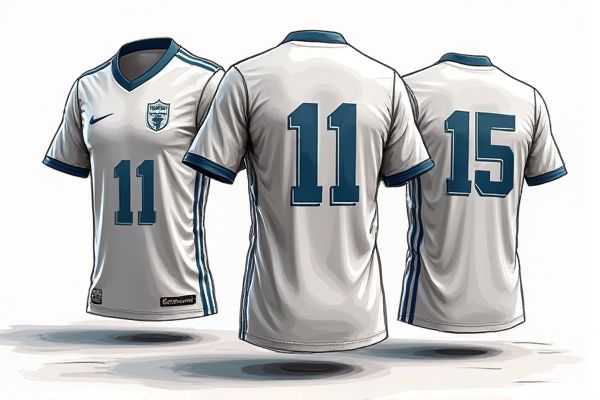
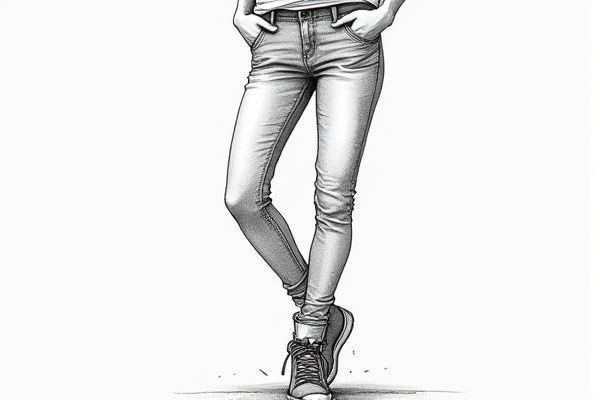
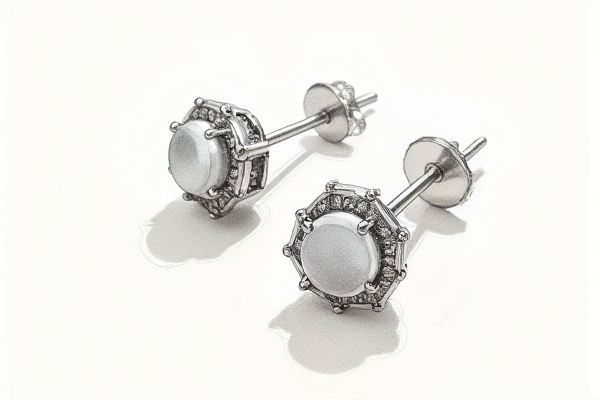
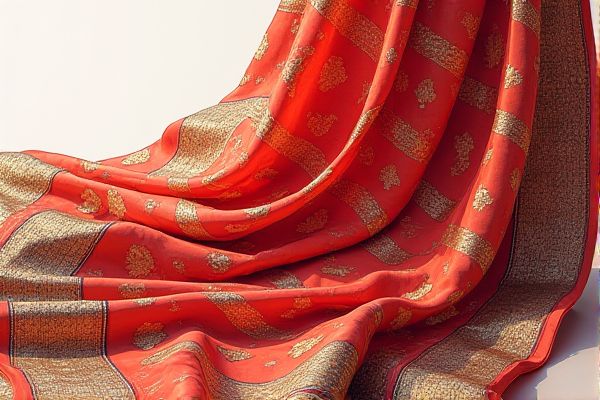
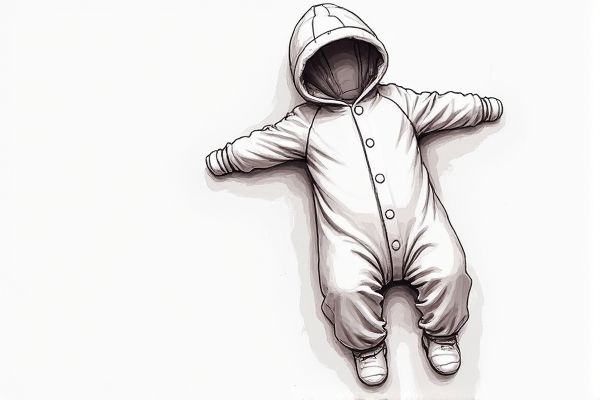

Leave a Reply
Your email address will not be published.